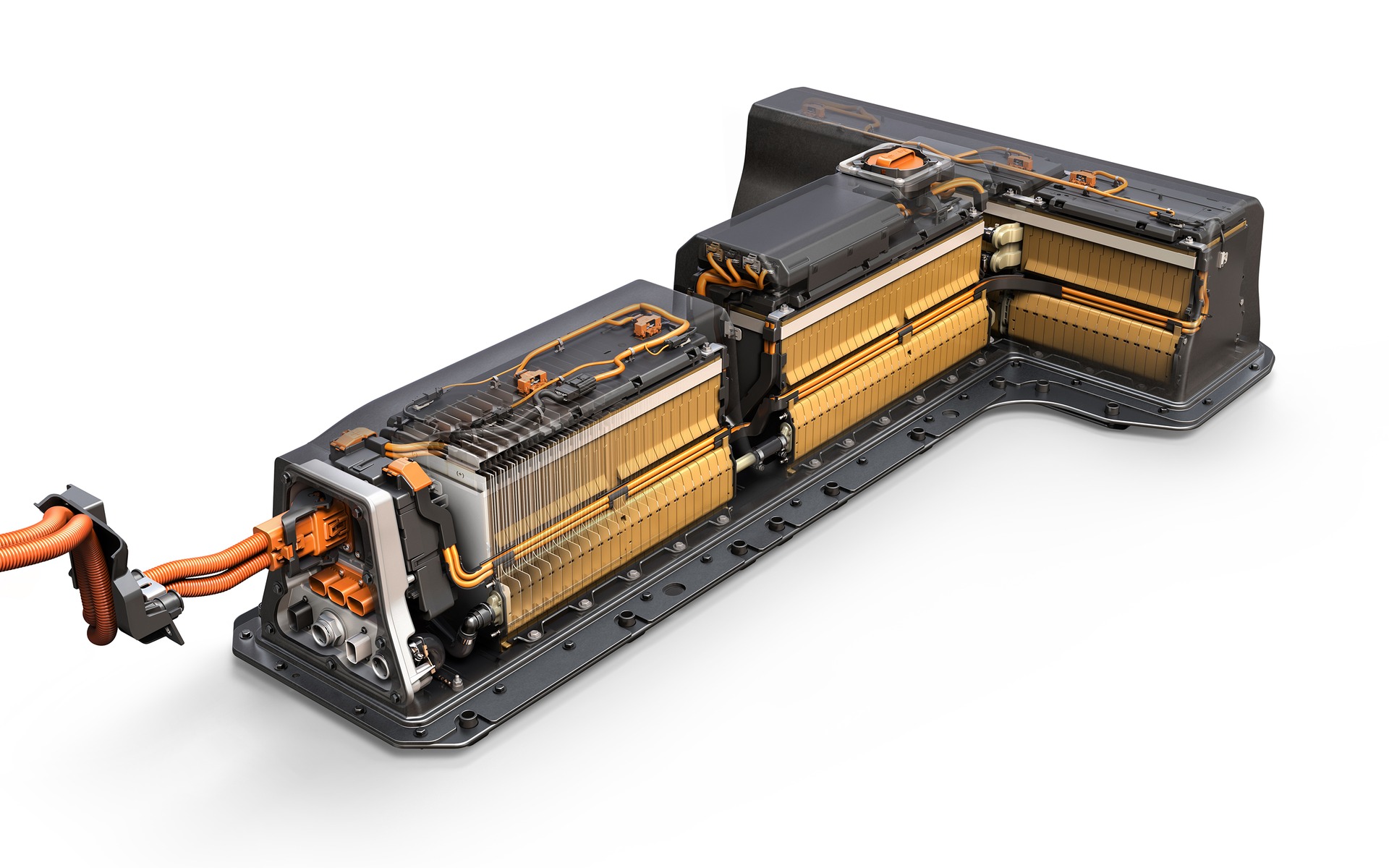Electric Cars: Better Batteries Are the Answer
With federal and provincial governments looking to turn buyers on to electric cars, an interesting market is opening up for automakers. There are two obstacles, however, that are putting the breaks on the widespread adoption of electric vehicles: high prices and the poor operating range of most batteries. Even though most manufacturers have already made improvements to their lithium ion batteries, new technologies are surely on the way. Automobile manufacturers are investing heavily in the development of batteries that can offer better range, faster charging and reduced production costs.
Today’s lithium ion batteries are only moderately efficient at producing energy, which means the battery pack has to be huge if you want an operating range greater than 300 kilometres. And since lithium is a non-renewable resource, it could become scarce in time. But word on the street is that we’re on the cusp of a battery revolution. Several universities, researchers and electric battery manufacturers are working on a solution for improved autonomy and shorter charging times. If they can meet these goals, electric cars will be spectacularly popular.
Realistically, we can expect several innovative concepts to hit the market in the next five or six years. These will include multicell batteries with lead foam, lithium oxygen, sulfur ion and others that use nano technology. And there will be a new generation lithium ion batteries. The situation can only progress.







